Caring for a person with Ehlers-Danlos syndrome: An interview with two caregivers
John Ferman Gilbert Torres
Ehlers-Danlos syndrome is a condition that affects every person differently. Even within the same type, symptoms can vary from very mild to severely disabling. Sometimes, people living with EDS need the support of other people, whether that’s friends, family or a professional caregiver. Chronic Pain Partners’ journalist Karina Sturm interviewed two caregivers: CEO John Ferman, father to a daughter widely affected by EDS, and Gilbert Torres, husband to a wife with a severe form of EDS.
Karina Sturm:
Hi John, Hi Gilbert, thanks so much for sharing all your insight with us. As a patient with EDS myself, I want to let you know that we appreciate you. It’s so important to have the support of a loving family member or friend when living with this complex connective tissue disorder. And unfortunately, not every one of us has a great support system. So people like you are even more crucial! Both of you are caring for a family member severely affected by EDS. Can you share with me what “caregiving” means for you personally? Describe to me to whom and what kind of care you provide, and how this looks like on a given day from morning to evening.
Gilbert Torres:
To me, caregiving means providing for the physical needs, as well as the emotional support of someone you deeply care for. My wife lives with EDS, and many of the duties that she was accustomed to performing as the mother in our family are no longer within her abilities to perform. Those daily responsibilities have shifted over to me. In the morning, I assist her with getting to the restroom, then helping her with her morning medications. She requires lots of rest, especially since she has been placed on hospice. I am also learning that care includes setting aside time to listen and share our feelings and concerns for the day.
Karina Sturm:
I am sorry your wife has been put on hospice care. I am sure this must be very challenging for you! I wish your family much strength. John, I know your situation is quite similar to this. Can you talk a bit about your daily life as a caregiver?
John Ferman:
Most caregivers I know are dedicated parents, spouses and friends of those who are having challenges living with disabilities, particularly Ehlers-Danlos and associated conditions. I have had the opportunity in the past and currently to help local patients and family members manage their physical and emotional conditions. John’s family’s story & EDS Awareness Programs. Currently, I am caring for my daughter Deanna. She is 50 years old and has lived with me for over five years. She has major hEDS, POTS, TMJ, MCAS and gastrointestinal issues. With her major TMJ, she has not eaten solid food for over three years. She consumes four nutritional drinks a day for 2000 calories. She is in pain most of the day but refuses to take any medication because they cause gastrointestinal issues. Three years ago, we hired Alice, her full-time live-in aide, who helps her get up in the morning and handles the bathroom and daily routine. I am up with her until 5 am each night to help her with her braces and bed adjustments. She can still barely walk but tries to maintain an appreciative attitude. I had to check my current wife Kathy into an Alzheimer’s & Memory Care nursing home in September 2021. I visit her three to four times a week. She was a volunteer after she retired. One place she volunteered was at this nursing home. She helped so many who were in need. She is now receiving that help in return.
Karina Sturm:
You both are so dedicated to your family members. I know it should be like that in any family, but that’s just not reality. Many people with EDS lose friends and family members when they become sick and even more so when they need support. Tell me, why have you decided to become a caregiver to a loved one?
Gilbert Torres:
It seems very fitting. My spouse is my best friend, and I know that she would be there for me in the same capacity if the roles were reversed. What was your motivation? Love, Caring more for others than oneself.
Karina Sturm:
I think we all deserve this kind of love! John, what’s your motivation.
John Ferman:
I was taught that family is the most important. Besides this, there is also the reality that those with chronic illnesses often do not have anyone else to rely on. Additionally, I reflect upon my wife’s and daughter’s motivation to help others in need in spite of their own illnesses. This inspires me to do whatever I can to make their lives more manageable.
Karina Sturm:
Thanks, John! It seems like family members that are also caregivers are sharing a certain personality type. (Laughs). However, I assume it is not always easy to provide the support we (as in people with EDS) might need. Gilbert, what’s the most challenging part about being a caregiver for you?
Gilbert Torres:
For me, it is having patience when things seem to be piling up and learning to stay calm and keep my peace when things seem beyond my control.
Karina Sturm:
And what’s the most rewarding part?
Gilbert Torres:
The fact that I feel appreciated. My wife has done so much for others throughout her life, and it feels very rewarding to be able to do something for her.
Karina Sturm:
And for you, John? What’s the biggest challenge but also the biggest reward?
John Ferman:
One challenge was that back in the 80s, when my first wife was struggling with symptoms of EDS. It was impossible to find ANY doctors who had heard of or understood this condition and knew how to treat it. Unfortunately, today it is still almost impossible to find local resources available to help those with EDS in need. Another challenge is that my energy level has been reduced by my personal medical condition, and it is sometimes difficult to manage my Chronic Pain Partners program and be there for my family at the same time. Since my caregiver activity takes priority, I am pushing myself, and that may eventually make my personal medical condition worse. What’s most rewarding about being a caregiver is seeing that my current wife, Kathy, who is in a nursing home with dementia, recognizes me when I visit. Not sure how long that will last. My daughter Deanna says “thank you” many times throughout the day to me and Alice, her live-in aide. We know we are appreciated.
Karina Sturm:
Oh, I can tell you we all appreciate you two! From personal experience, I know how painful it is to deal with all the losses in our lives. It’s not easy to admit when I need help because I always feel like a burden – I know that’s not true, but society just doesn’t value disabled people much while we have so much to offer. It’s nice to hear you both talking about the rewarding side of being a caregiver and also seeing that you both don’t see your job as a burden. I feel like a lot of people not familiar with chronic illness and disability do not have an understanding of caregiving.
Gilbert, what do you wish other people would understand about being a caregiver to someone with EDS?
Gilbert Torres:
That it often involves sacrifices in ways that never occurred to us. That we are doing the best that we can to help the loved one that needs us most, and we sometimes have to put other things on the backburner.
Karina Sturm:
John, what would you like to let other people know about being a caregiver?
John Ferman:
I want others to understand that this is a major commitment but necessary for your loved one to maintain some quality of life. YOU and your family are the primary resources that can help your loved one because you care and best understand their condition and needs. No nursing home can provide that care.
Karina Sturm:
For people considering taking over the care of a family member, what are your five top tips for other caregivers that make caregiving easier?
Gilbert Torres:
- Carve out some time for yourself with an old hobby or find a new one. It is much like the airplane analogy of putting your oxygen mask first before you attempt to assist others.
- Know when to ask for help from others. Sometimes things seem like too much for you because they are.
- At times of frustration, remember that your loved one with EDS is even more frustrated with needing a caretaker.
- In your many lists of things to do, do not look too far ahead in time; it leads me to feelings of being overwhelmed.
- Remember to spend time in prayer, meditation, reflection, or whatever feeds your soul and provides you with peace.
Karina Sturm:
Thanks, Gilbert. This is great advice. John, what would you like to share with our readers?
John Ferman:
- Take care of your health to be able to help your loved one
- Educate yourself about EDS
- Don’t try to do it all yourself.
- Build a network of healthcare providers and a local network of helpers so you can share the personal activity needed for your loved one.
- Join a local support group or caregivers support group to engage with others. (For example, a Caregivers’ Facebook group for parents of children with HSD or another Caregivers’ Facebook group for parents of children with POTS and EDS.)
Karina Sturm:
Thanks, John and Gilbert! I think these responses will help many people, and again, thank you so much for all you do.


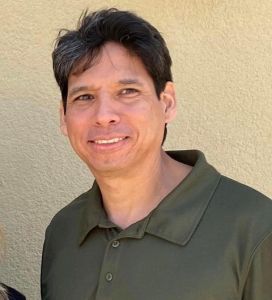

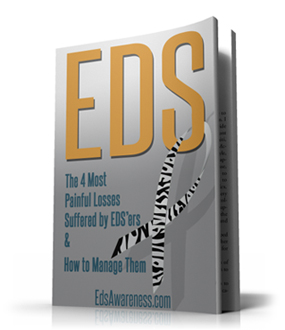
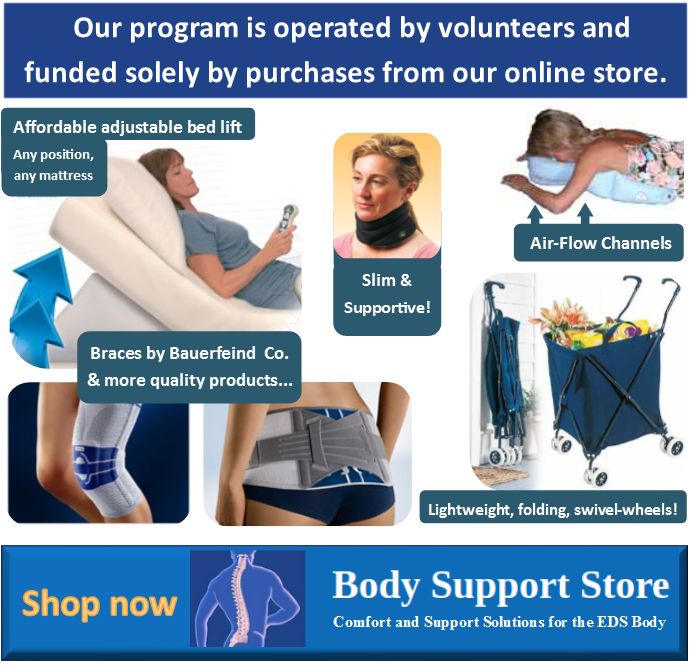



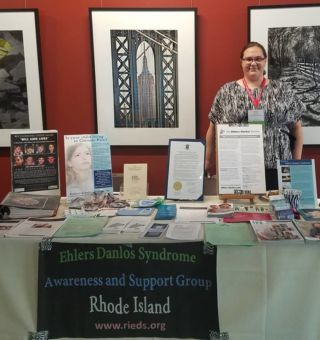
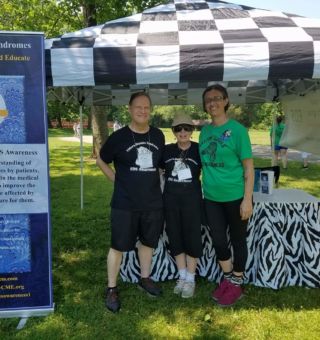
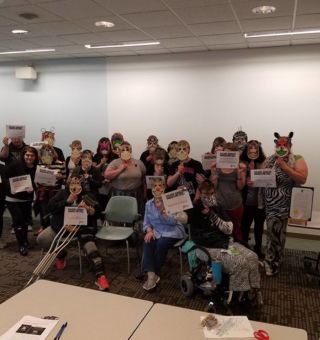
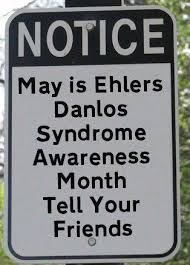
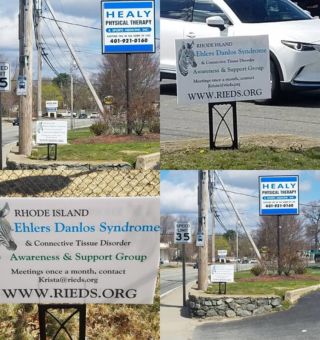
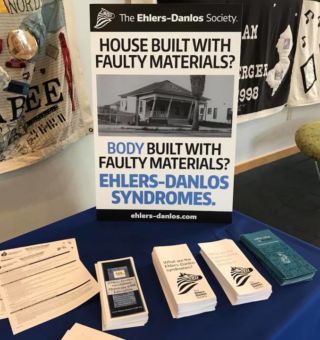
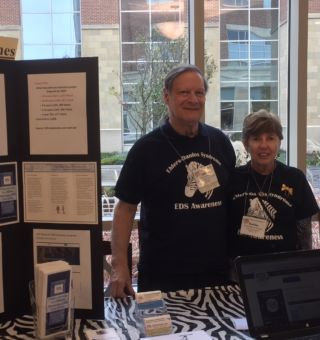


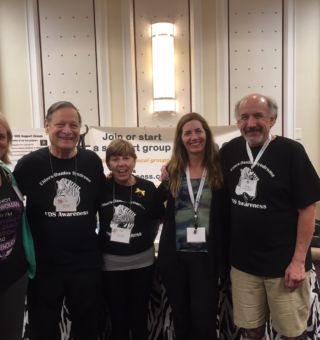
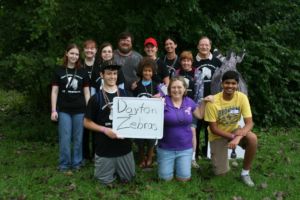
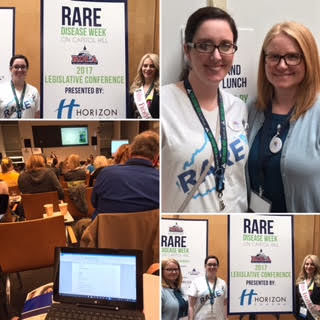
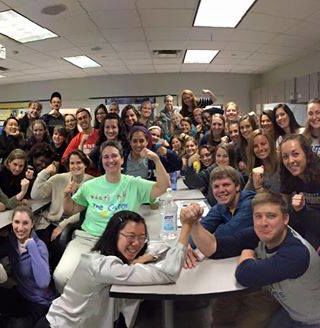
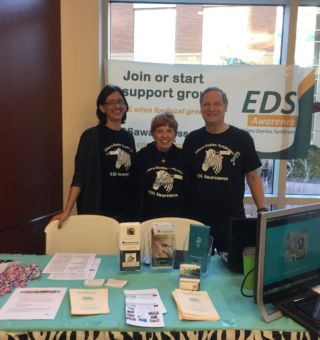
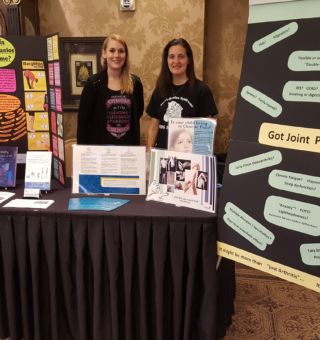
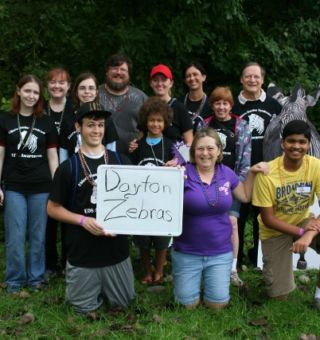
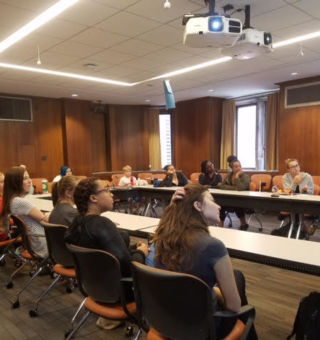
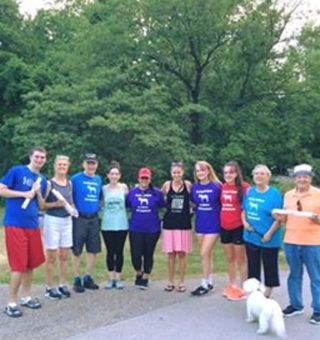
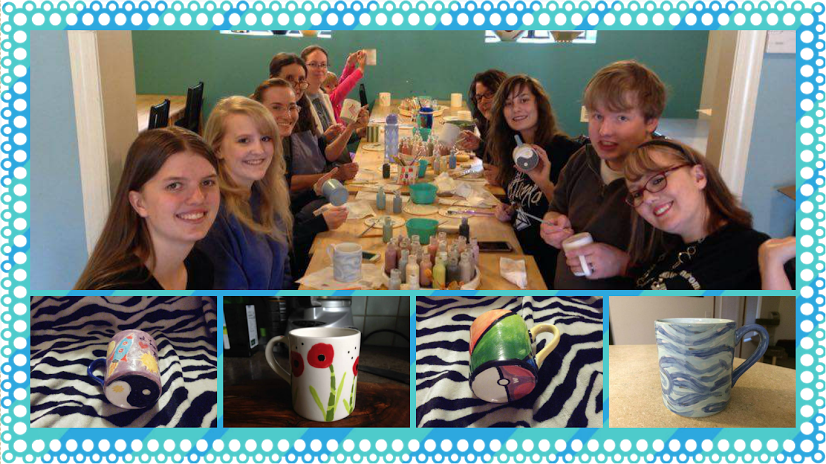
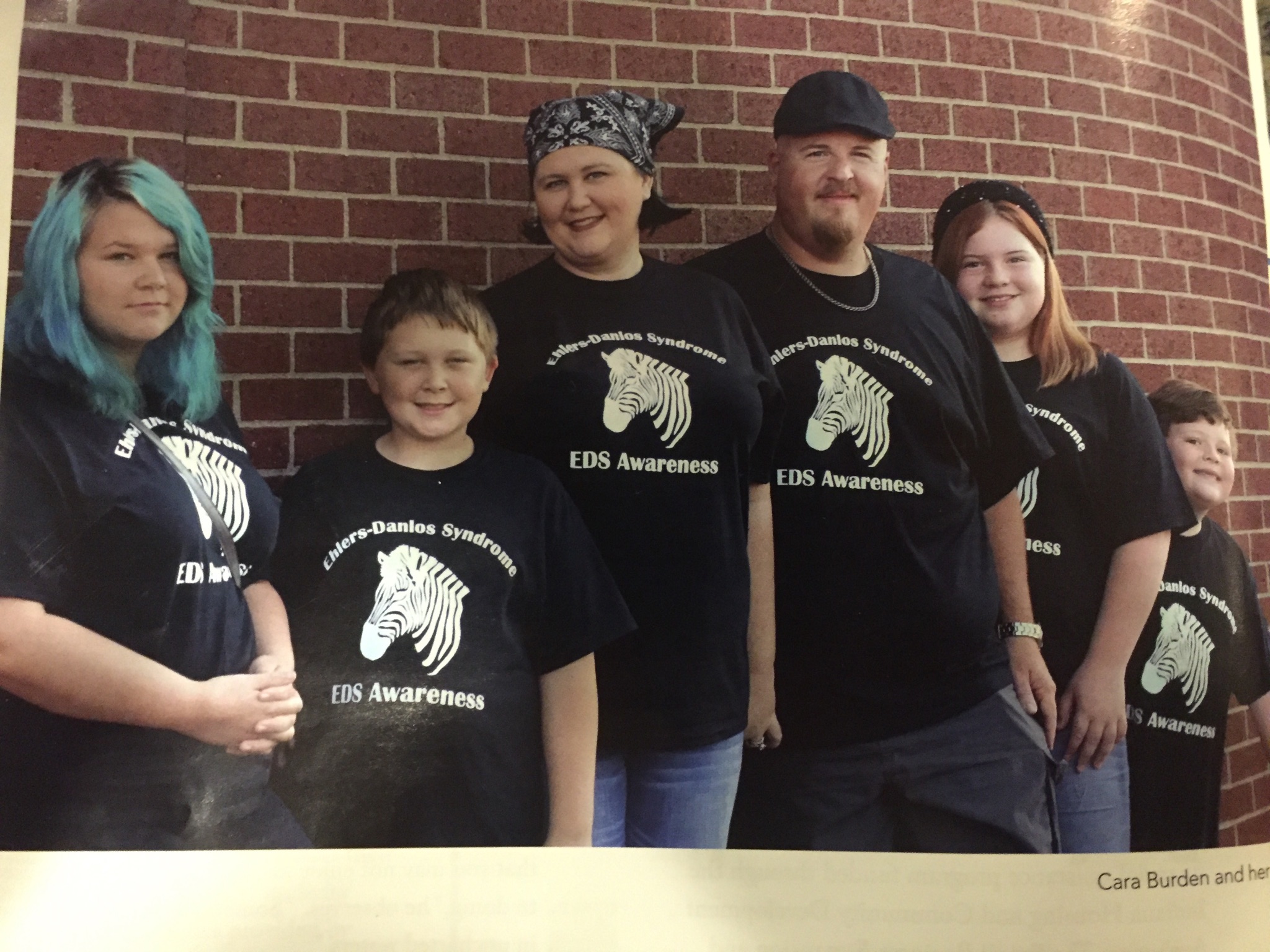

Hit me in the heart, as the last few months I’ve been rapidly deteriorating & medical workers are of no use. Only 66 have many children yet they’re not getting “it” … Been considering many things. I’ve 1 child with severe psychiatric disorders & remains institutionalized, I’m his only visitor. Wish I could write more. Too tired. Just cooked & ate for 1st time in 3 days, hope it stays down & is “processed” normally. I’ve never anticipated this level of inability to do, to be…. I love life or used to. I’m sad & try to read & watch uplifting messages. Peace and support. To u all
Gilbert and John,
Your remarks are inspiring and deeply touching. As my wife, Terri, and I go through our journey together as EDS patient and caregiver, it’s stories like yours that give us both strength in the face of life’s challenges. Your obvious love for your family members afflicted with EDS, and your honest and practical suggestions to those of us who are caregivers, provide motivation to do more and a sense of grace when we fall short.
John – I can’t even imagine how you have continued your leadership in Chronic Pain Partners and EDS Awareness through the many years of your family’s medical crises and your own health challenges.
Gilbert – now that my wife of 42 years is also in hospice, I struggle daily to keep my own frustrations in perspective; they are nothing in comparison to those of my wife. Your comments really hit home for me.
I cannot thank the two of you, and all those in this wonderful organization, enough for the education, inspiration, and shared experiences you provide. Thank you from the bottom of my heart!